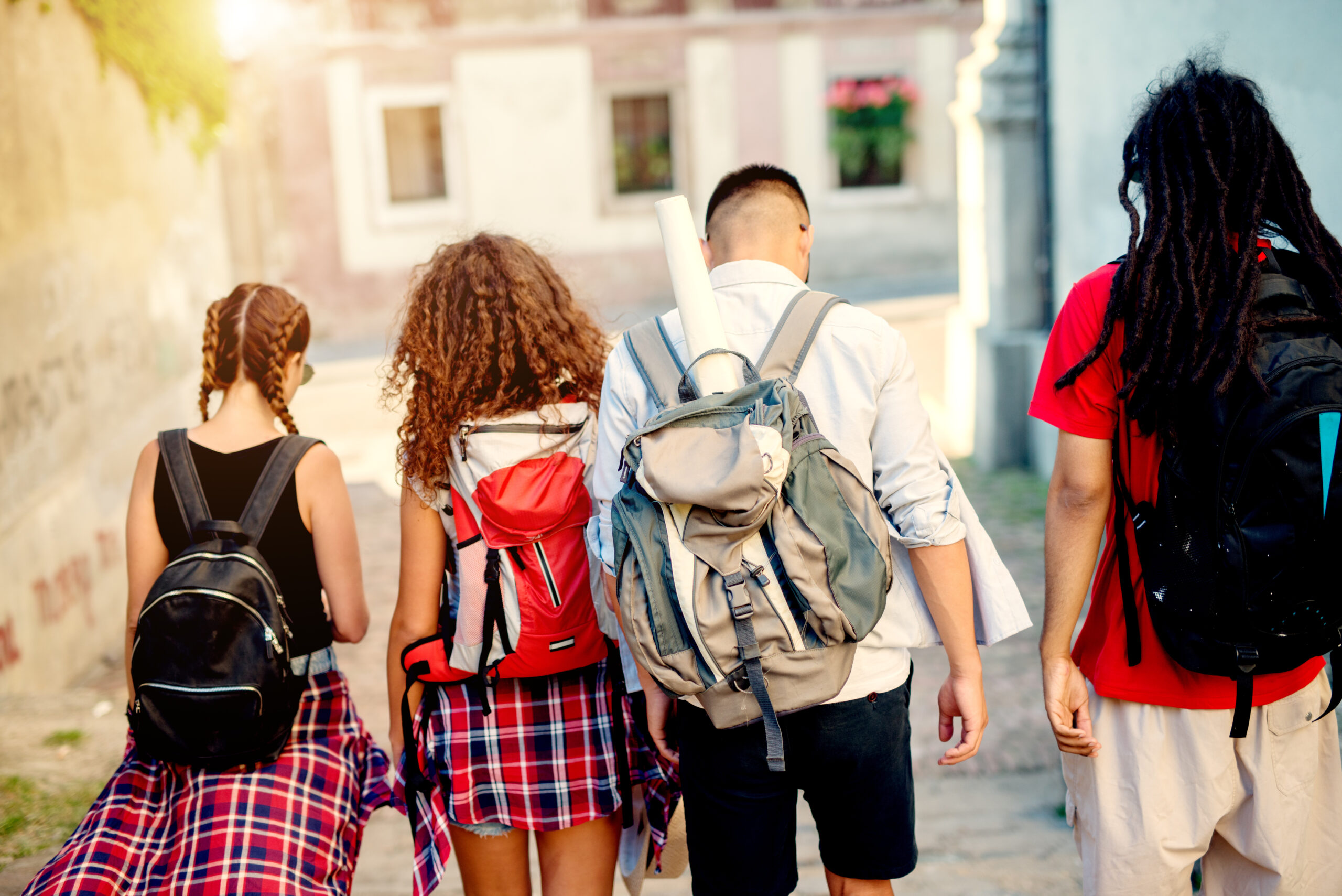The Blog
Read this post →
As the school year progresses, our high school seniors are gearing up to make one of their most significant decisions: choosing the right college. With so many options available, the process can quickly become overwhelming for both students and their parents. To help make this journey a little smoother, I’ve put together some key factors […]

Read this post →
How often do you find yourself staring at your calendar in frustration, wondering, “How am I supposed to get all of this done?” As a busy parent, I know that feeling all too well. I used to feel defeated before I even started, which didn’t do much for my motivation—or my mood. The stress would […]

Read this post →
You may be hard-pressed to find a parent who didn’t have a surge of emotion the day your little one let go of your hand to walk into kindergarten. For me it was a mix of pride and joy, but also coupled with fear and sadness. I totally ugly-cried. They seemed so little compared to […]

Read this post →
Let’s face it: the idea of a digital detox (or “technology time-out”) sounds about as appealing to your t(w)eenagers losing all of their hard-earned Snapchat streaks. What will happen if they are unable to communicate with their besties or boos at their whim? Consider what an announcement like this would look like. You, brave-faced parent, […]

Read this post →
Summer is almost here, and like my girls, I couldn’t be more excited! Traditionally, I’ve used the end of summer and the start of a new school year to set my goals. However, this year, I’m changing things up and setting my goals at the beginning of summer. My idea is to leverage the slower […]

Read this post →
Consider what the teen years would be like if teens were to uplift each other instead of holding each other down…
